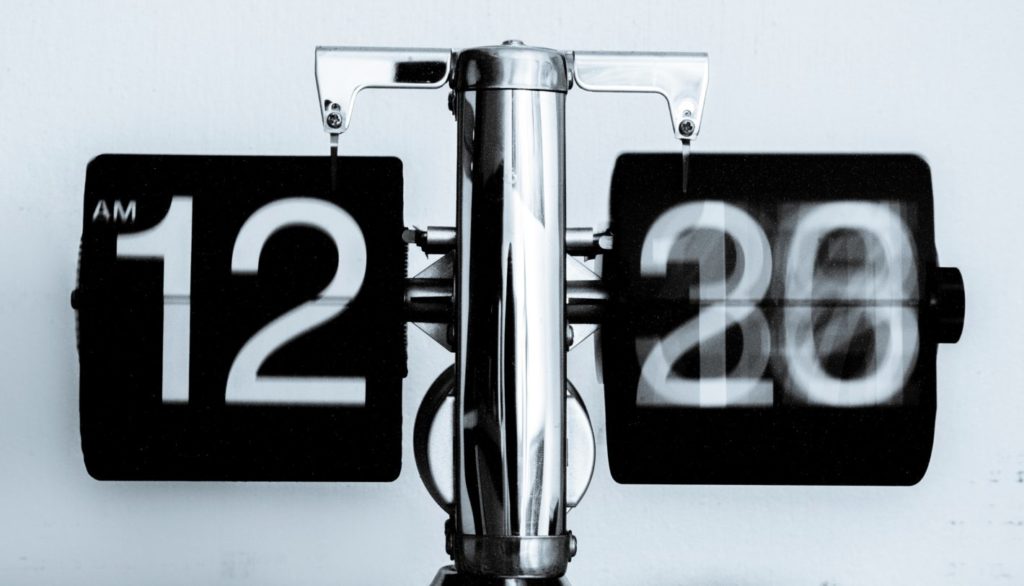At the general audience this Ash Wednesday, a day of prayer and fasting for peace in Ukraine, Pope Francis gave the second catechesis of the cycle on old age.
"In the biblical passage of the genealogies of the ancestors," Francis began, "we are immediately struck by their enormous longevity: they speak of centuries! When does old age begin here? And what does it mean that these ancient fathers live so long after having generated their children? Fathers and sons live together for centuries! This secular cadence of the age, narrated in ritual style, gives the relationship between longevity and genealogy a profound symbolic meaning."
"It is as if the transmission of human life, so new in the created universe, called for a slow and prolonged initiation. Everything is new, at the beginning of the history of a creature that is spirit and life, conscience and freedom, sensibility and responsibility. The new life - human life - immersed in the tension between its origins "in the image and likeness" of God and the fragility of its mortal condition, represents a novelty completely undiscovered. And it requires a long period of initiation, in which reciprocal support between generations is indispensable, in order to decipher the experiences and confront the enigmas of life. In this long time, slowly, the spiritual quality of man is also cultivated".
"In a certain sense, every epochal passage in human history offers us this sensation: it is as if we had to take up again our questions about the meaning of life from the beginning and calmly, when the stage of the human condition appears full of new questions and unpublished interrogations. Certainly, the accumulation of cultural memory increases the familiarity necessary to face unpublished passages. The times of transmission are reduced; but the times of assimilation always call for patience. The excess of speed, which already obsesses all the passages of our life, makes each experience more superficial and less "nourishing". Young people are unconscious victims of this split between the time of the clock, which wants to be burned, and the times of life, which require an adequate "fermentation". A long life allows to experience these long times and the damages of haste".
"Old age, certainly, imposes slower rhythms: but they are not only times of inertia. The measure of these rhythms opens for everyone spaces of meaning of life unknown to the obsession of speed. Losing contact with the slow rhythms of old age closes these spaces for everyone. It is on this horizon that I wanted to institute the grandparents' festival, on the last Sunday of July. The alliance between the two generations at the extremes of life - the children and the elderly - also helps the other two - the young and the adults - to bond in order to make everyone's existence richer in humanity".
"Let us imagine," the Pope proposed, "a city where the coexistence of different age groups is an integral part of the overall design of its habitat. Let us think of the formation of affective relationships between old and young that would radiate in the general style of relationships. The overlapping of generations would become a source of energy for a truly visible and livable humanism. The modern city tends to be hostile to the elderly (and not by chance to children as well). Excessive speed pulls us into a centrifuge that sweeps us away like confetti. The overall view is completely lost. Everyone clings to his own piece, which floats on the flows of the city-market, for which slow rhythms are losses and speed is money. Excessive speed pulverizes life, it does not make it more intense".
"The pandemic," the Holy Father recalled, "in which we are still obliged to live, has imposed - very painfully, unfortunately - a setback for the obtuse cult of speed. And in this period, grandparents acted as a barrier to the emotional "dehydration" of the little ones. The visible alliance of the generations, which harmonizes times and rhythms, gives us back the hope of not living life in vain. And it restores to each one of us the love for our vulnerable life, closing the way to the obsession of speed, which simply consumes it. The rhythms of old age are an indispensable resource for grasping the meaning of life marked by time. Thanks to this mediation, the destiny of life in the encounter with God becomes more credible: a design that is hidden in the creation of the human being "in his image and likeness" and is sealed in the becoming man of the Son of God".
The Pope concluded by affirming that "today we are witnessing a greater longevity of human life. This offers us the opportunity to increase the alliance between all the stages of life; and also with the meaning of life in its totality. May the Spirit grant us the intelligence and strength for this reform: the arrogance of clock time must be converted into the beauty of the rhythms of life. The covenant of generations is indispensable. May God help us to find the right music for this harmonization".













